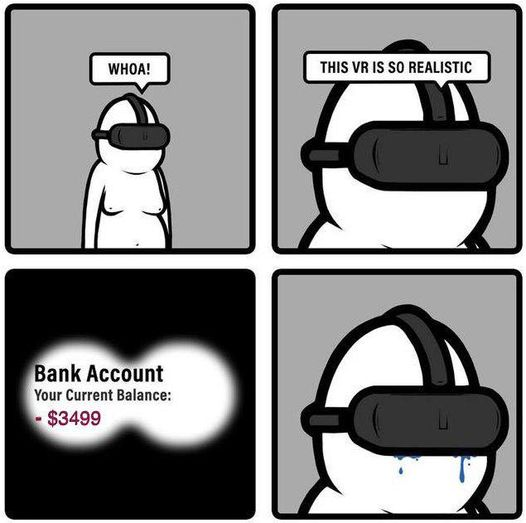CharlesH
LMF-Patron Gold
Apple just announced it's long rumored AR Headset, the Vision Pro. The tech community is going crazy over this device because of all the new capabilities it brings. Of course we can't actually get one until sometime next year, and the price could be out of reach for most consumers. In the mean time we can ponder how important this breakthrough device might be for our own photos and videos, for our own pursuit of capturing and viewing images that are important to us.
It does have it's own built in 3D camera, and you can play back where you have been, just like you were there again. But I've been thinking about displaying images from our L-mount cameras, and what it might add. In my case I shoot travelog HDR video for my fellow travelers to play on large screen HDR TVs. The Vision Pro is 4K+ HDR, and I will be following the reviews to try to gauge how well the Vision Pro performs, and whether this technology is here for the long term.
It does have it's own built in 3D camera, and you can play back where you have been, just like you were there again. But I've been thinking about displaying images from our L-mount cameras, and what it might add. In my case I shoot travelog HDR video for my fellow travelers to play on large screen HDR TVs. The Vision Pro is 4K+ HDR, and I will be following the reviews to try to gauge how well the Vision Pro performs, and whether this technology is here for the long term.
